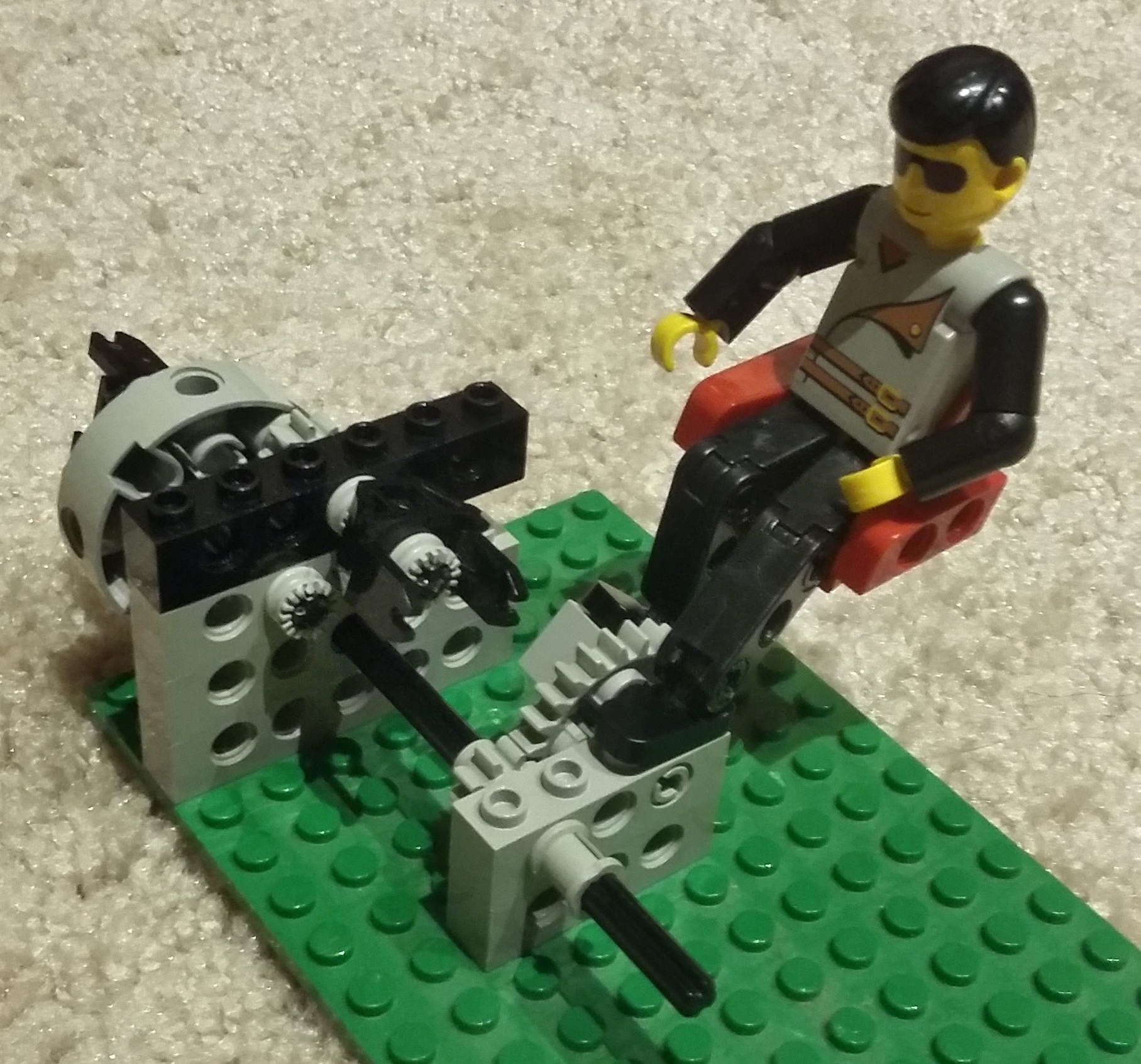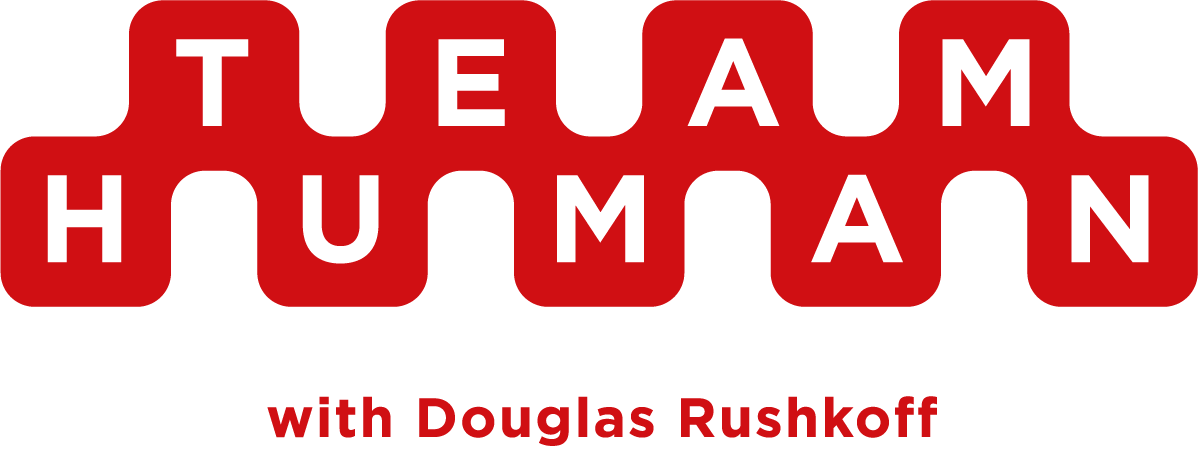
“Ginko tree” by tree-species via a Creative Commons CC BY 2.0 license
Decentralization
One of the most important things for solarpunk society is decentralization. Most major complaints about society can be traced to over-centralization of power. In the United States, I’m feeling especially conscious of how our country was founded on the belief that power should be distributed among the people, not concentrated into the hands of the elite.
To continue this dream of protecting people’s rights to life, liberty, and the pursuit of happiness, the best protection against overly-powerful central governments and corporations is decentralization. Recent developments in decentralization include blockchain, mesh networks, platform cooperatives, decentralized social media, and the growth of grassroots democracy.
Blockchain
Blockchain has opened up the door for decentralization of many different services. The most obvious example is cryptocurrencies like Bitcoin, but other projects include data storage (FileCoin, Storj), computer processing time (Golem), genetic data management (Nebula), and global UBI. If you’re interested in learning more about blockchain, check out this Blockchain 101 episode of Unchained with Laura Shin.
Mesh Networks

NetworkTopology-Mesh by Foobaz
Mesh networks work by connecting people to each other in a non-hierarchical way. Mesh networks are more robust since they are not dependent on a single central device such as a cell tower to connect all of the devices in the network. This allows for increased redundancy during natural disasters as well as communications in areas that don’t have any infrastructure like National Parks or developing countries. Current implementations include the mesh network going up in Detroit, Serval and GoTenna for cell phones, and the Althea Mesh for building decentralized ISPs.
Platform cooperatives
Platform cooperatives are what the sharing economy was supposed to be before Uber and AirBNB ate everything. Governed by the actual service providers (hosts, drivers, etc.) the rules and profits are determined more equitably. The P2P Foundation and the New School’s Platform Cooperativism are good starting points for more information. If you prefer audio, Team Human has episodes with both Stacco Troncoso of the P2P foundation and Juho Makkonen of Sharetribe. Robin Chase’s Peers INC is a great book on the power of platform cooperatives.
If you are ready to start you own platform cooperative, Sharetribe makes an open source platform designed to help get things up and running. Forbes and Yes! Magazine have both covered platform cooperatives and Shareable covers them along with the more traditional “sharing economy” companies. Some platform cooperatives in the wild include Open Bazaar (shopping/commerce), LibreTaxi (transportation), Stocksy (stock photos), and your local credit unions. More services can be found at the Platform Cooperativism Directory.
Decentralized Social media
If you’re concerned about how Twitter, Facebook, and other social media companies handle your data, Scuttlebutt and Mastodon are two options that are not controlled by any one entity. Their user bases are much smaller at the moment, but it costs nothing to join the party. In The Mesh, a decentralization news site, has more here.
Grassroots democracy
Grassroots democracy is a group of political ideologies based on the idea that decision making should be left as local as possible since the people impacted by policies should be the ones who vote on their implementation. Subsidiarity, which is practiced by the European Union, is one example wherein the EU may only pass laws when an issue comes up that can’t be adequately addressed by separate legislation in its member countries. ROAR Magazine, a great resource for grassroots democracy news, has an excellent piece about how municipalism empowers women and others typically left out of the political process.
What do you think? Is centralization the enemy of democracy and free agency? Leave your thoughts below!









